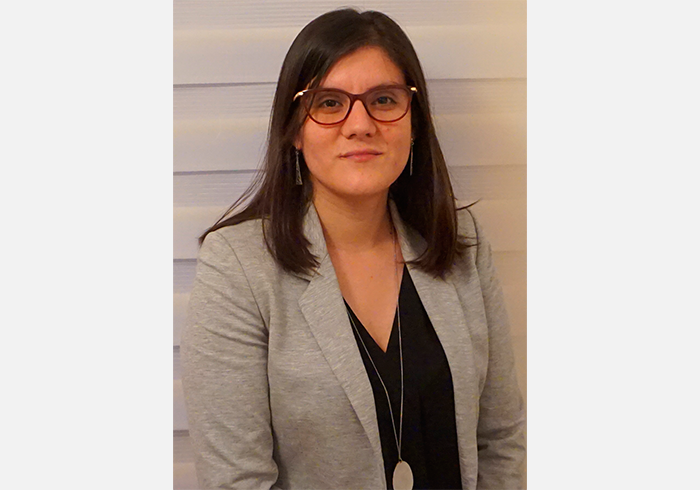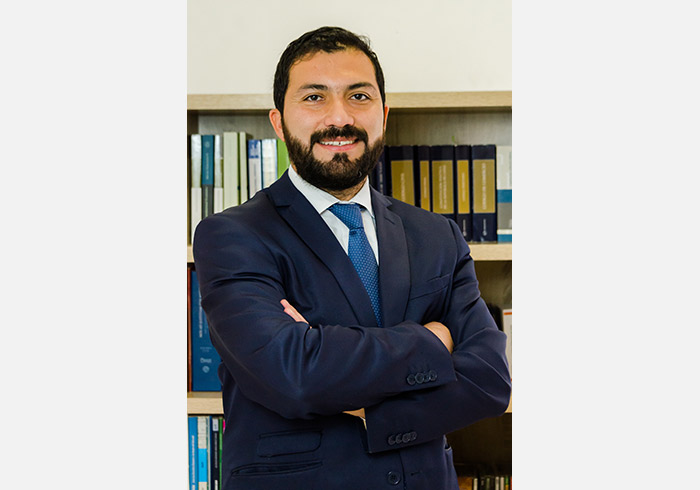
The premise is that there’s a necessary relationship between social rights and gender equality. It’s a substantive relationship, because gender inequality produces economic vulnerabilities in women which can be progressively neutralised by ensuring the existence provision, the purpose of social rights. It’s methodological, as the equalisation technique for gender approach is related to material equality, a fundamental notion in the theory of social rights.
30 september 2020
Title: Social rights and gender equality before constitutional change in Chile
Author: Lía Arroyo Canessa
The research places itself in Chile’s socio-political environment: a constituent process that may end with a New Constitution and in which the main focus will be discussions about social rights and gender equality.
Chapter I characterised social rights as autonomy rights, theologically binding them to gender equality, to the extent that they not only guarantee the existence provision, but also the autonomy necessary for the development of each person’s life plan. Thus, they’re not only equality rights, but also freedom rights based on human dignity. It’s concluded that human rights are indivisible and interdependent and that there are no structural or axiological differences between civil and political rights and social rights.
It was defined as the ideal environment for the development of social rights and gender equality, the Social and Democratic State of Law, as a system of positive and negative links between State and citizenship which allows the relationship between the components of society, recognising real as well as formal common egalitarian minimums, an essential part for the construction of a socially cohesive political community with no excluded groups, democratically legitimising the system.
However, it was claimed that the Social State has to overcome the androcentric elements encrusted in its construction and allow no room for arbitrariness.
An International Human Rights Law analysis was carried out to define the social rights to be addressed by taking the PIDESC and CEDAW and comparing them with the Chilean constitutional catalogue.
Chapter II analysed how women weren’t historically considered as subjects in constitutionalism and, when considered such, it’s done in an incomplete manner, since the notion of citizenship has androcentric grounds and gender roles. There’s a context of relegation and underlying subordination which progressively reaches a formally equalitarian status thanks to the struggles for gender equality, but it’s immersed in a substantive reality that is still deeply unequal.
Gender inequality and discrimination are based on gender roles which associate the masculine with the public and productive; and the feminine with the domestic and reproductive, which is socially undervalued.
Non-compliance or regressions on social rights has a disproportionate impact on women. This is projected in the feminisation of poverty, constituting women as the most transversal and intersectionally vulnerable groups among the vulnerable.
There are different types of discrimination. The indirect, structural and group discrimination are the adequate categories to approach gender inequality and these aren’t eradicated by formal equalisation techniques, rather by substantive ones, addressed in the social rights theory. An analysis was conducted for legal tools such as suspect classes and affirmative measures that allow gender-sensitive discrimination detection and equalisation of neglected groups.
Chapter III focused on Chile, describing it as a Subsidiary State. There’s a proposition for it to become a Social and Democratic Rule of Law in view of the constitutional change.
The rule in article 19 nº 2 of the CPR was revised. This rule assures equality before the law, but doesn’t clearly enable the removal of obstacles that may prevent a neglected group from enjoying its rights. The need to modify such rule by incorporating material equalisation criteria was raised.
Finally, there was an analysis of the social rights in the Chilean Constitution, pointing out that its protection is insufficient, since they’re conceived as optimisation mandates or programmatic norms of rather arbitrary material configuration for the legislator and a scarce jurisdictional control. The constitutional action for fundamental rights protection excludes social rights in its exercise and that was specially criticised.
The diagnosis and proposal focused on the right to education, to health, to work, to pay equality and to social security. There’s a need for more precise wording and for improvements in jurisdictional control. The constitutional consecration of women’s right to live a violence-free life and the acknowledgement of care work as a job that contributes to the wealth of the nation must be encouraged and equally distributed.













